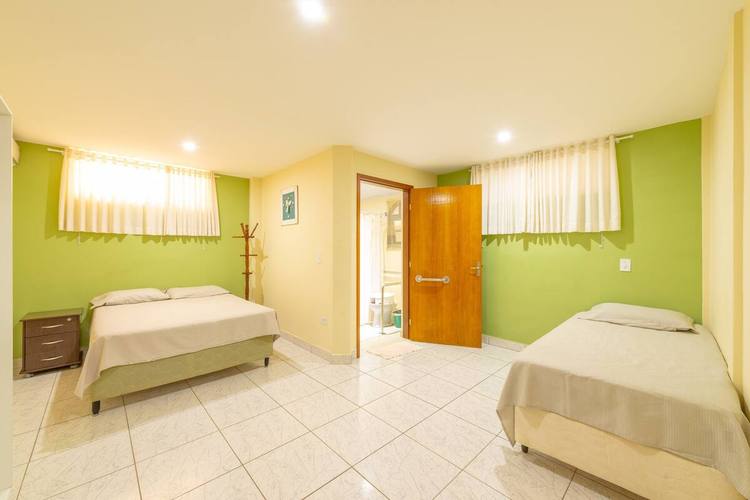Understanding Your Air Conditioning System: A Comprehensive Guide
Are you tired of your air conditioner not performing as it should? Do you want to know how to maintain it properly to ensure it lasts longer and operates efficiently? Look no further! This article will delve into the intricacies of your air conditioning system, providing you with a detailed and multi-dimensional introduction.
How Does an Air Conditioner Work?
An air conditioner works by removing heat from the air inside your home and transferring it outside. This process is achieved through a series of components that work together to cool your living space. Here’s a brief overview of the key components:

| Component | Description |
|---|---|
| Compressor | Pumps refrigerant through the system, maintaining pressure and flow. |
| Condenser | Releases heat from the refrigerant to the outside air. |
| Evaporator | Extracts heat from the indoor air and cools it. |
| Expansion Valve | Regulates the flow of refrigerant into the evaporator. |
| Thermostat | Monitors and controls the temperature inside your home. |
Now that you have a basic understanding of how an air conditioner functions, let’s dive deeper into the various aspects of maintaining and troubleshooting your system.
Regular Maintenance
Regular maintenance is crucial for the longevity and efficiency of your air conditioning system. Here are some essential maintenance tasks you should perform:
-
Clean or replace the air filter monthly to ensure proper airflow and prevent dust buildup.
-
Check the condenser coils for debris and clean them if necessary.

-
Inspect the refrigerant lines for any signs of leaks or damage.
-
Ensure the drain pan is clean and free of obstructions.
-
Have a professional perform a comprehensive tune-up annually.
Common Problems and Solutions
Despite regular maintenance, air conditioning systems can still encounter issues. Here are some common problems and their potential solutions:
-
No Cooling
Check the thermostat settings, ensure the power is on, and inspect the air filter. If the problem persists, it may be time to call a professional.
-
Unusual Noises
Noises can come from various components, such as the compressor or fan. If the noise is loud or persistent, it’s best to consult a professional.
-
Leaking Refrigerant
Refrigerant leaks can be dangerous and harmful to the environment. If you suspect a leak, turn off the unit and contact a professional immediately.
-
High Energy Bills
Check for leaks, ensure the air filter is clean, and inspect the ductwork for any inefficiencies. If the problem persists, consider upgrading to a more energy-efficient model.
Upgrading Your Air Conditioning System
As technology advances, newer and more efficient air conditioning systems are being developed. If your current system is outdated or inefficient, it may be time to consider an upgrade. Here are some factors to consider when choosing a new air conditioner:
-
SEER Rating
The Seasonal Energy Efficiency Ratio (SEER) measures how efficiently an air conditioner uses energy. Look for a model with a high SEER rating to save on energy costs.
-
Size
The size of your air conditioner should match the size of your home. An oversized unit can be inefficient, while an undersized unit may not provide adequate cooling.
-
Energy Star Certification
Energy Star-certified air conditioners are known for their energy efficiency and environmental friendliness.
-
Brand Reputation
Choose
